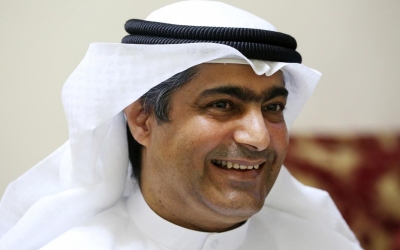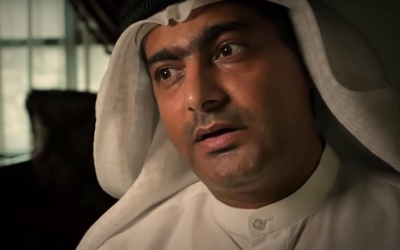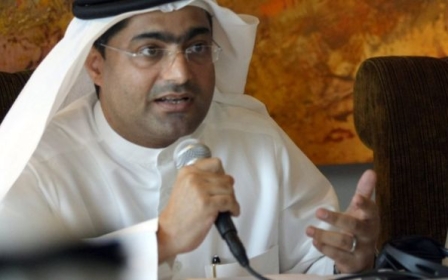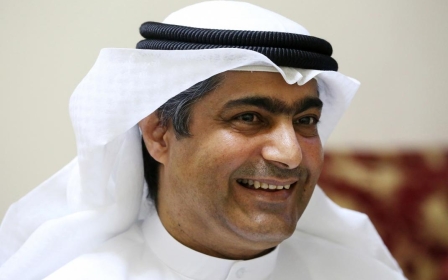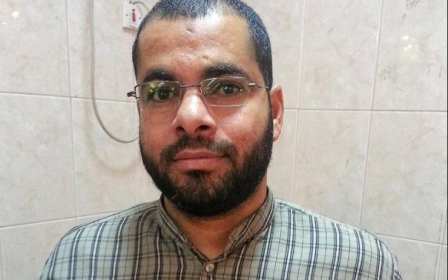Human rights group files 'torture' complaint in France against UAE official
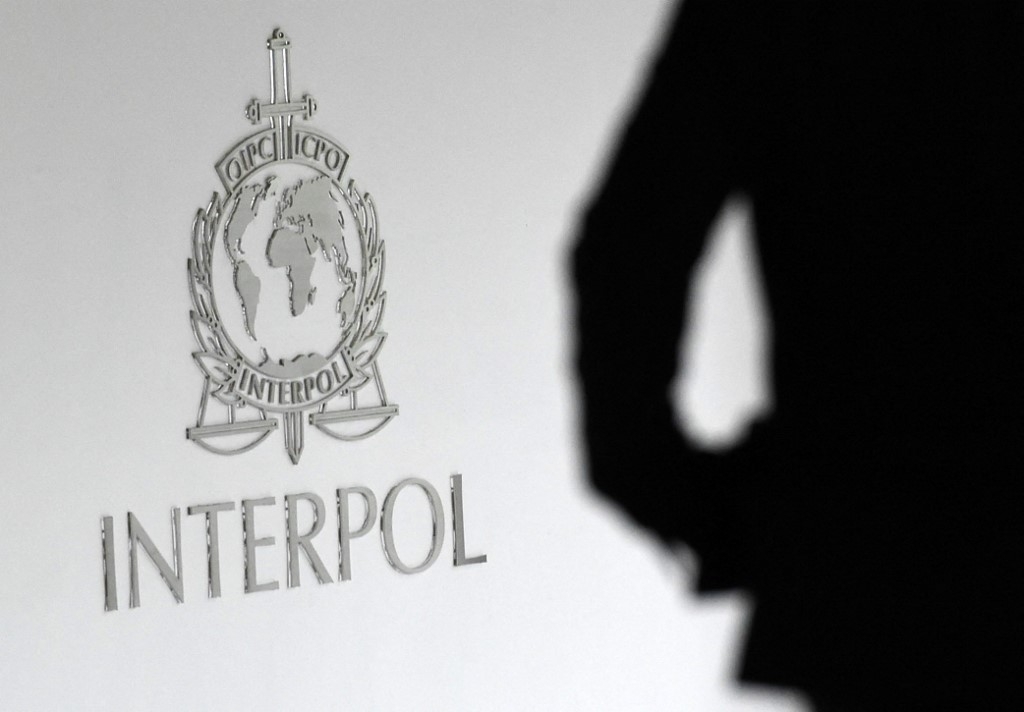
A Lebanon-based human rights group has filed a complaint in France against a senior UAE official who it alleges is responsible for the torture of a well-known imprisoned Emirati activist.
The Gulf Centre for Human Rights (GCHR) filed the complaint against Major General Ahmed Nasser al-Raisi, inspector general at the UAE interior ministry, at a Paris court on Monday.
The complaint alleges that Raisi, who is also a member of Interpol's executive committee, was responsible for "torture and barbaric acts" against UAE dissident Ahmed Mansoor, the group's lawyer, William Bourdon, told the AFP news agency on Friday.
Mansoor was taken from his home in 2017 by men in black balaclavas, with his family being told nothing of his arrest. He was brought to court nearly a year later and sentenced to 10 years in jail and a fine of one million dirhams ($272,300) after being convicted under anti-terror laws of criticising UAE authorities and tarnishing the image of the country on social media. In December 2018, his final appeal was rejected.
Amnesty International describes Mansoor as a prisoner of conscience.
Now held at the notorious al-Sadr prison, GCHR alleges that he is being imprisoned under "mediaeval conditions" while being kept in solitary confinement in a tiny cell "without access to a doctor, hygiene, [or] water and sanitary facilities".
Raisi to lead Interpol?
GCHR has alleged that Raisi, who is a contender for the next president of the France-based Interpol agency, has played a large role in Mansoor's treatment and should be censured, not promoted.
Human Rights Watch (HRW) and the GCHR, in a statement last month, warned that putting Raisi into a position of authority at Interpol "may jeopardise the global police organisation's commitment to its human rights obligations".
Mansoor "has been detained in inhumane conditions since 2017, more than four years", Bourdon, GCHR's lawyer, told AFP on Friday.
'What can only be qualified as acts of torture must today be firmly denounced and condemned by the courts'
- William Bourdon, lawyer
"What can only be qualified as acts of torture must today be firmly denounced and condemned by the courts."
He said an "imminent visit" of Raisi to France as "part of his [Interpol] campaign" could make prosecution in France possible on the basis of universal jurisdiction.
In theory, French judicial authorities can judge crimes against humanity, war crimes and torture under universal jurisdiction if suspects are on French territory, regardless of where the crimes took place.
According to the complaint, Raisi's role in the alleged torture of Mansoor is "established" due to his position which puts him in control of the UAE security forces.
An Interpol spokesman told AFP that candidacies for president would only be presented when the general assembly takes place, but there was no obligation for hopefuls to come to France to make their case.
Contacted by AFP, the UAE embassy in Paris said its staff were not authorised to speak to the press.
Who is Ahmed Mansoor?
Mansoor began his human rights activism in the UAE in 2006. Soon after, he caught the attention of the country’s rulers and its people when he successfully campaigned for the release of two Emiratis jailed for comments they made online.
In 2009, he led an effort opposing a draft media law that threatened freedom of expression and launched a petition urging the UAE president, Khalifa bin Zayed Al Nahyan (the ruler of Abu Dhabi), not to approve it. His efforts were successful and the president suspended the draft law.
Mansoor's work towards democratic reforms continued, triggering escalating harassment and threats. And in April 2011, he was arrested, held in jail for nearly eight months, and convicted of "insulting the rulers".
On 27 November 2011, Mansoor was sentenced to three years in jail. The next day, thanks largely to an international outcry, he and four others that were sentenced with him were pardoned.
But the government would not give him a waiver - known as a certificate of good conduct - and without it, he could not get a job. His bank accounts were also frozen, his passport confiscated, and he was banned from travelling.
Since his arrest, Mansoor has initiated several hunger strikes to protest against his treatment. Among his demands were an end to solitary confinement and access to necessities, including blankets and personal hygiene products.
Middle East Eye delivers independent and unrivalled coverage and analysis of the Middle East, North Africa and beyond. To learn more about republishing this content and the associated fees, please fill out this form. More about MEE can be found here.


